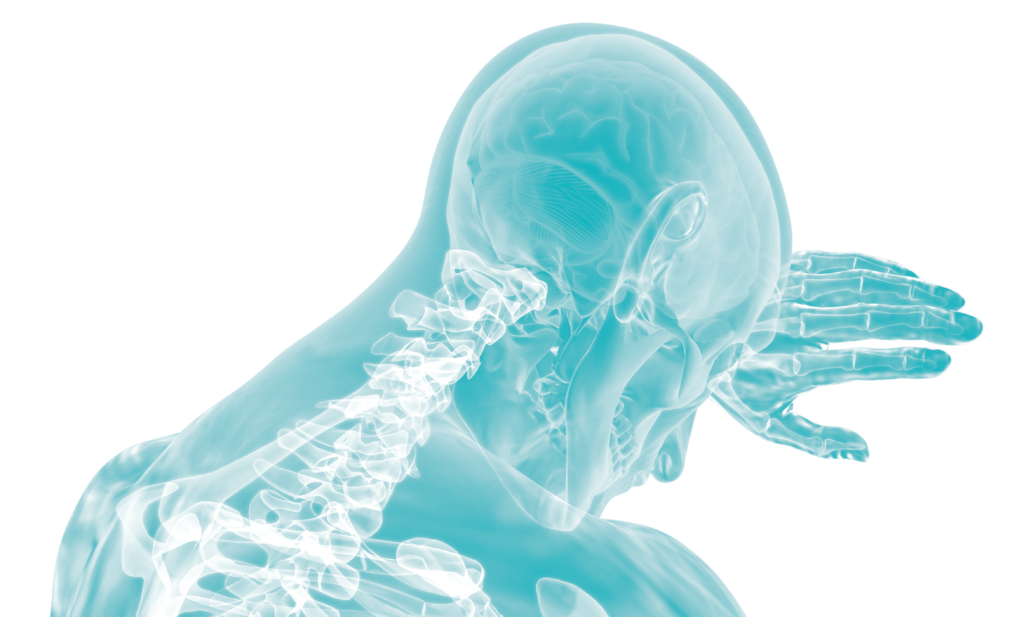For many, living though a stroke is an emotionally traumatic experience. Historically, traumatic stress-related mood disorders, such as post traumatic stress disorder (PTSD), have been thought of as occurring after an external event like war, sexual assault, natural disaster or car accident. However, in the past 10 to 15 years, these stress conditions have been increasingly recognized by psychologists as occurring following any event, including those that happen within us.
It is now understood that a range of medical diagnoses, including cancer, cardiac arrest, traumatic fall and, yes, your stroke cause emotional trauma. A highly traumatic event is defined as any experience that involves the threat of death or serious injury, particularly when sudden or unexpected, that results in intense fear or feelings of helplessness. If we do not acknowledge traumatic stress symptoms as an aspect of a stroke, we miss an opportunity to provide complete care and optimize recovery.
Following a stroke, there are a range of “normal†emotional reactions. Most commonly, these include shock (“I can’t believe this has happenedâ€), fear (feeling more vulnerable naturally leads to fear), self-blame (“Why didn’t I do more to prevent this?â€) and guilt (remorse that you are burdening loved ones with caregiving needs). The time to get concerned is when these emotions are very high in intensity, worsen over time, particularly three months following the event, or interfere with recovery (refusing to do physical therapy).
Four main symptom clusters characterize traumatic stress disorders:
- Re-experiencing (re-living the event in your waking mind or in nightmares, feeling as though the event is happening again)
- Avoidance (avoiding situations, people or thoughts that remind you of the traumatic event like the hospital)
- Emotional Numbness (feeling cut-off from others, reluctance to discuss your stroke, avoiding reminders of it)
- Hyperarousal (feeling “wound up†and “on alert†for another stroke)
Untreated trauma is associated with poorer outcomes (less physical recovery and less return of independence) and reduced quality of life for both the person directly affected and his or her loved ones, especially caregivers.
Five Tips to Support Emotional Processing Following a Stroke
- Encourage your loved ones to talk about their feelings as soon as they are able. Don’t avoid talking about what has happened, because you don’t want to stress the person. Ask them how they feel. Are they scared, worried about having another stroke or angry because it happened? Be mindful to not let talk about procedures and medications be the only conversation topics during a hospital stay or early recovery. Be particularly sensitive if the person has a history of any type of trauma.
- Emphasize safety and security. When unpredictable things happen, we naturally brace ourselves for another blow. This tension can make us feel vulnerable and afraid. During these times, we need reassurance and predictability. Remind the person that they are being well taken care of by experts. Keep a dependable schedule of daily events as best you can. Use as much reassuring touch as the person is comfortable with.
- Normalize tears even if that’s not “normal†for that person. Tears contain stress hormones and their release can really help in emotional processing.
- Prioritize sleep. One of the functions of sleep is to help us “make sense†of our daily experiences, especially those that are traumatic in nature. Think of it as free therapy!
- Don’t hesitate to call in a mental health professional, particularly if the person makes global negative statements about himself or herself and the future. People who strongly endorse statements, such as “I feel alone and different from other people now†or “the world now feels like a scary and unpredictable place†are significantly more likely to meet criteria for a mood disorder over the following weeks to months following a trauma. Mental health professionals can be essential in helping someone process a significant stressor, like a medical crisis, and their services are covered by most insurance policies. A neuropsychologist can be particularly helpful in that they have expertise in both the brain and emotional trauma.
Dr. Karen D. Sullivan is a board certified neuropsychologist, creator of the I CARE FOR YOUR BRAIN program, author of the I CARE FOR YOUR BRAIN Interactive Stroke Recovery Guide and owner of Pinehurst Neuropsychology Brain & Memory Clinic in Pinehurst, N.C. For more information, visit www.ICFYB.com.



Is there a neuropsychologist in my area that you recommend? I live in Marana Arizona near Tucson
This is all new to me and your talks are so interesting and easy to understand, thank you!